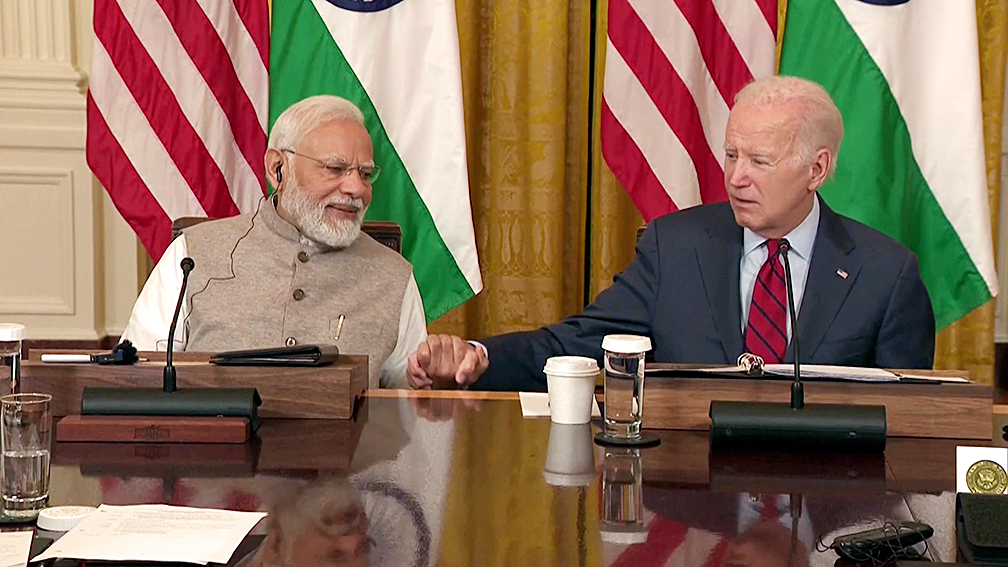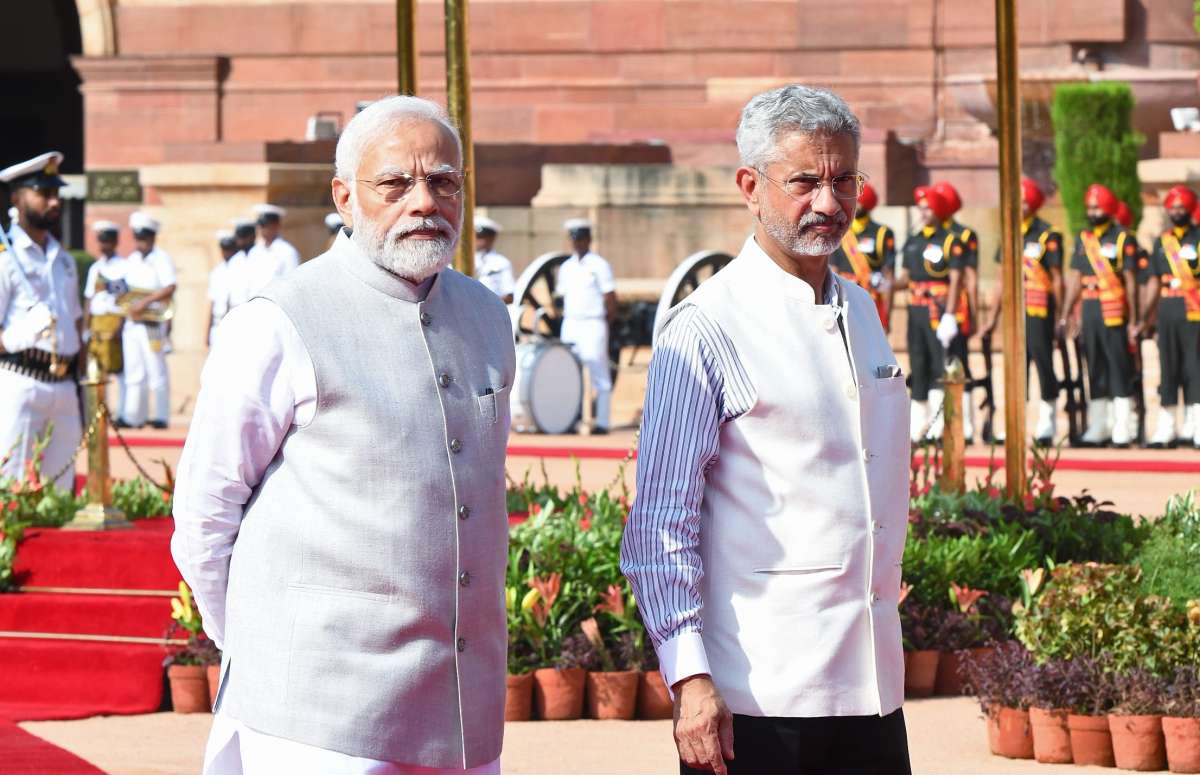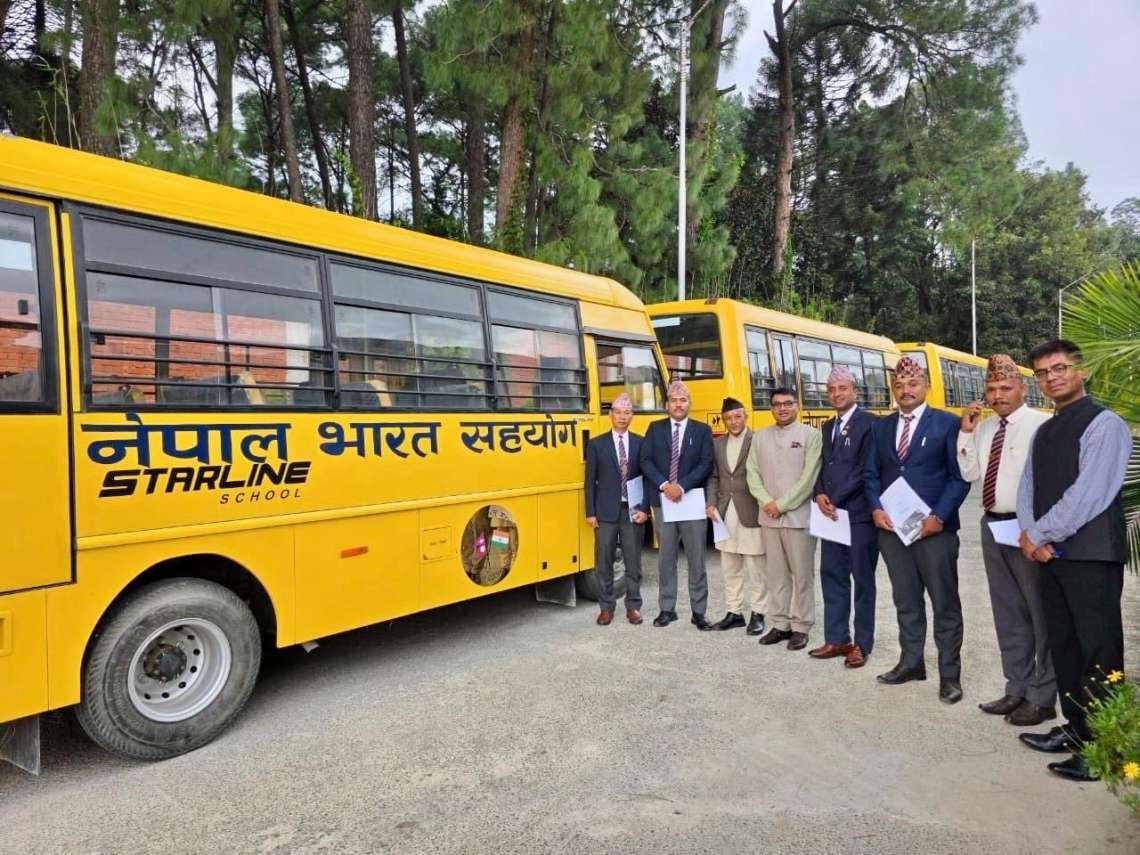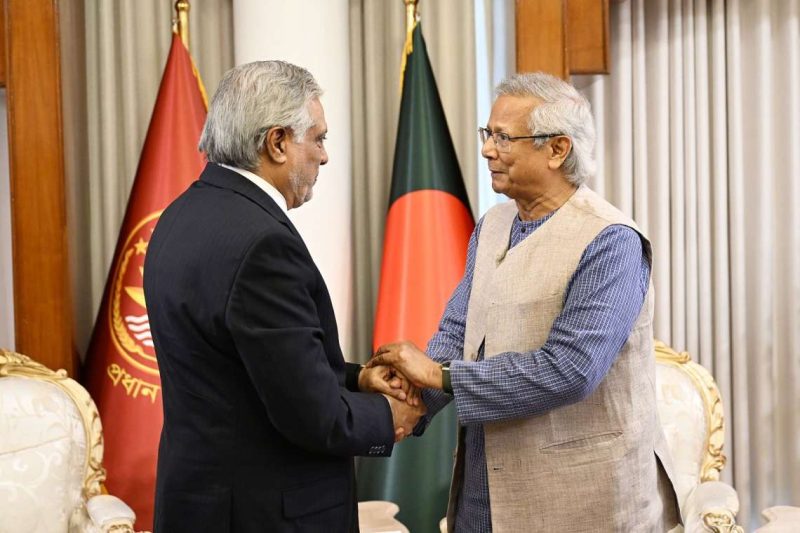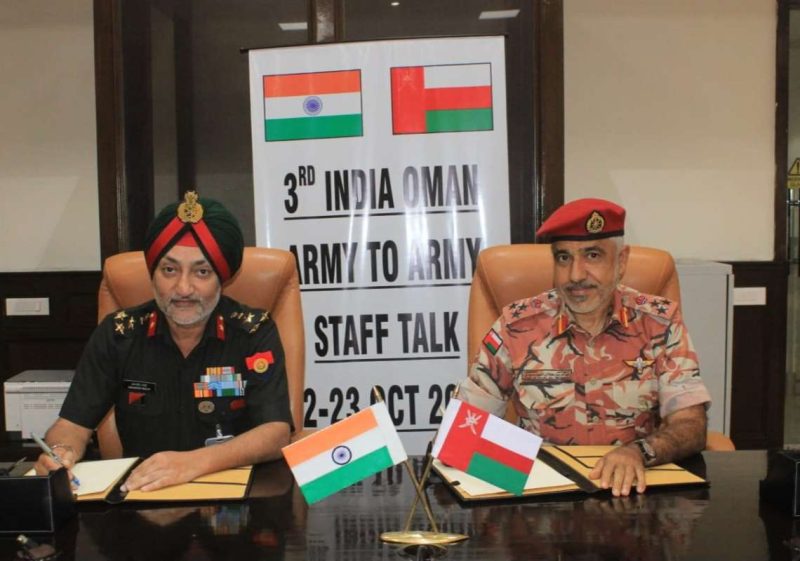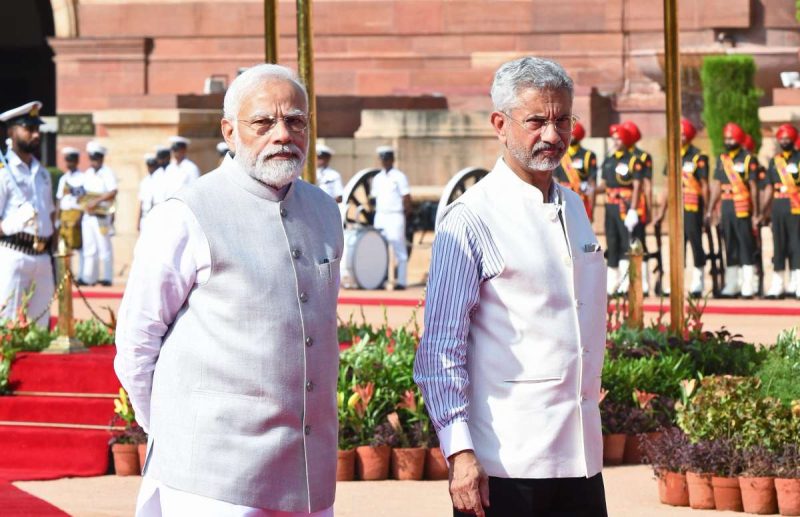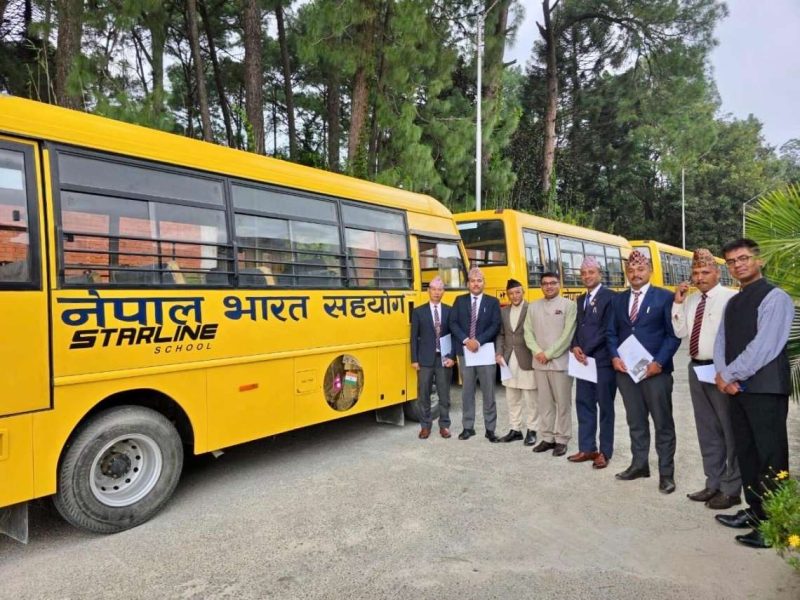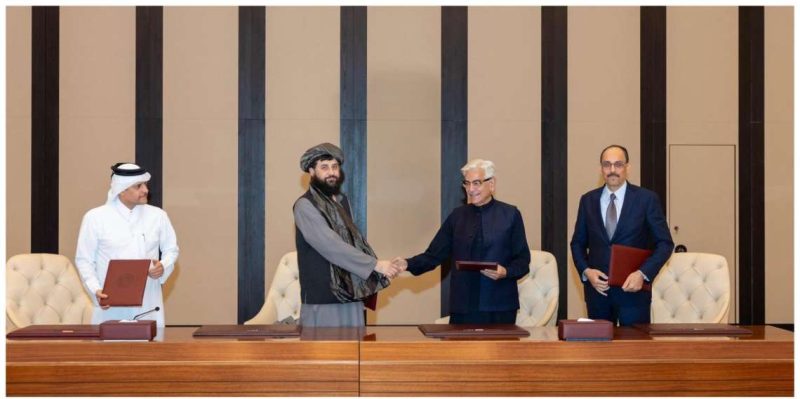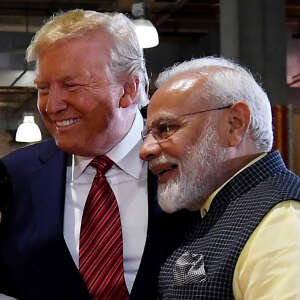“India has become an even more critical partner for the US,” according to a senior US trade official.
India has emerged as a “critical partner” for the US which is “doubling down” on it for trade and working on further boosting economic ties, according to a senior US trade official.
Assistant Commerce Secretary Arun Venkataraman said, “I genuinely believe that this is very much a heyday of this bilateral economic relationship” between India and the US.
“We are doubling down on India and finding more ways to collaborate and grow that economic integration,” he told reporters on Thursday ahead of the World Trade Week in New York.
India “has become an even more critical partner for the US,” he said.
“We are amazed by the incredible deepening of the collaboration that’s happened in the last few years with India.”
According to the US International Trade Administration, total trade in goods and services between India and the US topped $191 billion in 2022, almost doubling from 2014.
Foreign direct investment (FDI) from the US reached $103 billion during the 2022-23 fiscal year, while Indian FDI flows to the US reached $14.4 billion in 2021 providing for more than 72,000 US jobs.
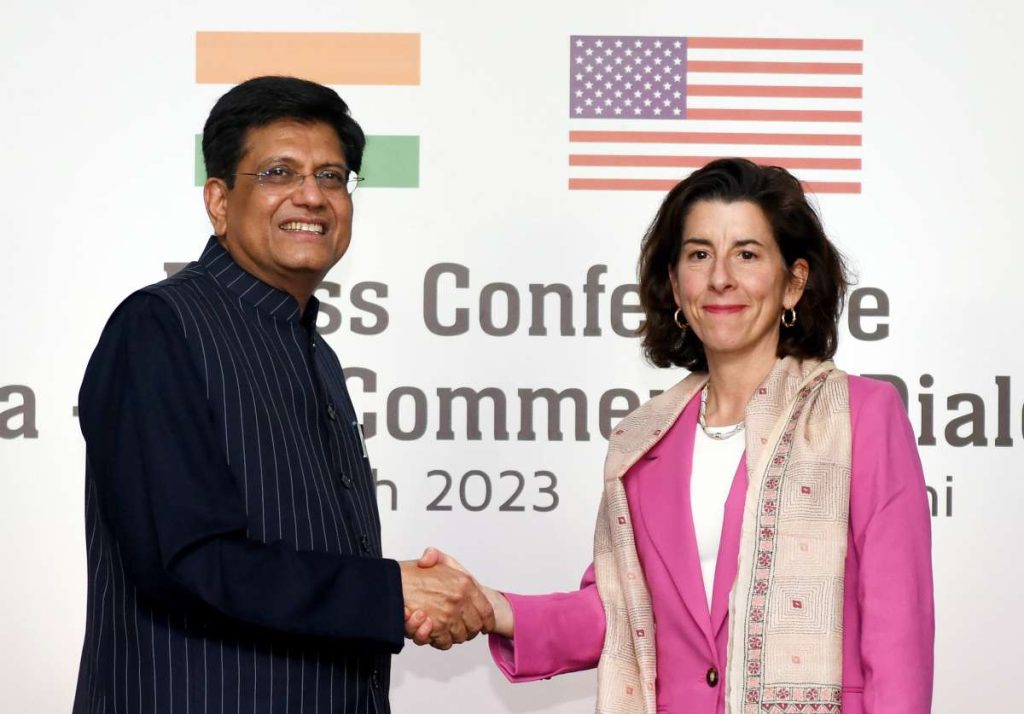
Asked by a reporter if the US would consider a free trade agreement with India, Venkataraman did not directly address the possibility, instead pointing to India’s participation with the US and 12 other countries in the Indo-Pacific Economic Framework for Prosperity (IPEF) launched in 2022.
“Free trade agreements are a fantastic tool and can be very effective, but I think we should also remember the free trade agreements are only one tool in the toolkit,” he said.
Right now, he said that the IPEF “is addressing key elements that you don’t find in free trade agreements, addressing the urgencies of the day”.
“We’re focused on getting that (IPEF) implemented” and making sure “that we avoid some of the vulnerabilities that we all learned during the pandemic,” he added.
While most of the attention to keeping the Indo-Pacific region free and open has been focused on strategic issues, Venkataraman emphasised the critical role of the IPEF.
“We are proud of the fact that in short order we have managed collectively, with Japan’s help and all of our Indo-Pacific partners, to be in a position to move aggressively towards implementing the Indo-Pacific Economic Framework,” he said.
The IPEF has made headway in one key aspect, making the supply chain resilient, he added.
The IPEF Supply Chain Resilience Agreement came into force in February and “we will soon be setting up the institutions to operationalise” it, he said.
It “is really going to be critical to mitigating supply chain disruptions going forward and helping make our economies collectively more resilient to the threats that could occur from supply chain disruptions,” Venkataraman added.
He said that substantial progress has been made in negotiations on two other elements of the IPEF, ensuring a clean and fair economy.
These are aimed at “ensuring a transparent environment free of corruption” and efficient tax administration, he added.
At the first IPEF ministerial meeting in Singapore in June, there will also be a “clean investor forum” bringing together entrepreneurs, venture capitalists, government agencies, and others to strategise on increasing investment in sustainable infrastructure, he said.
The Tamil Nadu-born Venkataraman holds the Global Markets portfolio in the Commerce Department in addition to being the Director-General of the US and Foreign Commercial Service.
ALSO READ: US Denies Meddling in Indian Elections


